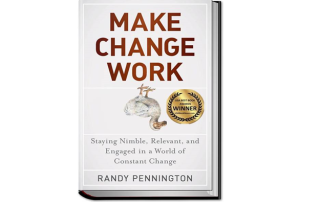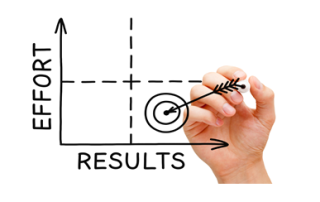A Result to Remember: It’s Not the Product. It’s the People.
Delivering customer service – at least the way it is practiced in most companies – is easy. The customer asks you for something, and you give it to them. Building a culture that is obsessed with serving customers is hard. Carl Sewell’s family of auto dealerships is at or near the top for sales and service with the brands they represent for one simple reason: They are the best at sustaining a culture that serves customers.












